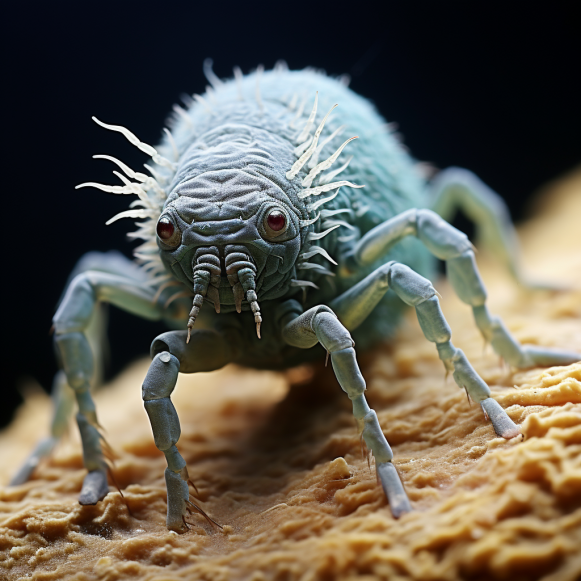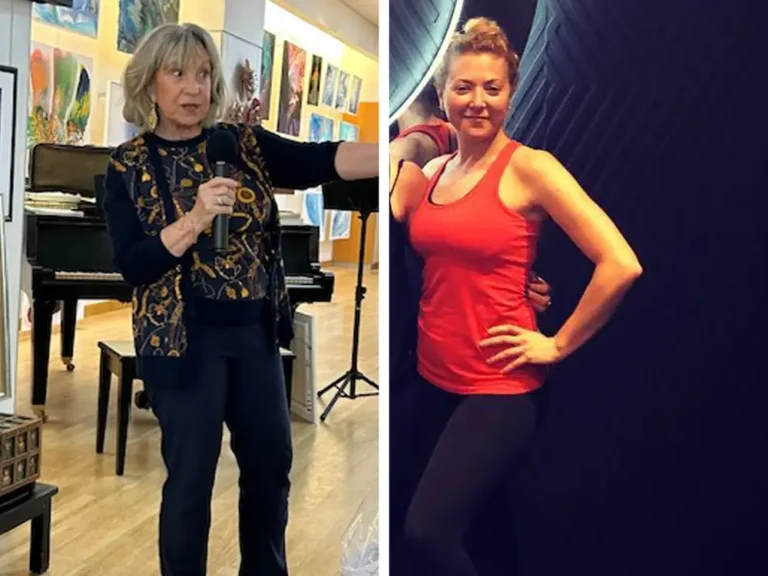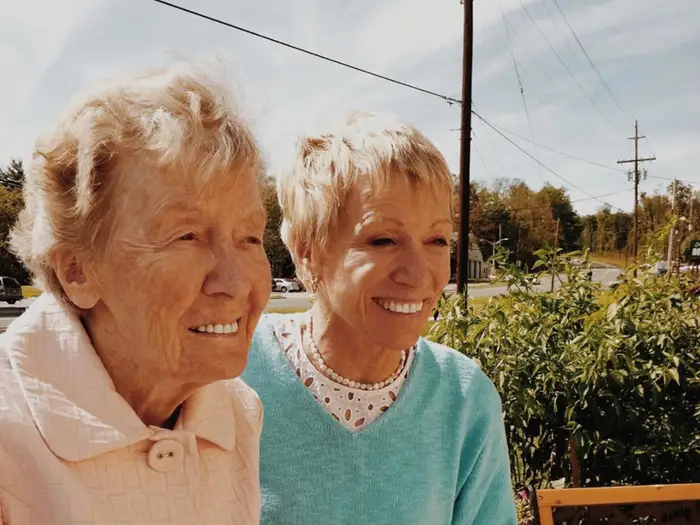Whoopi Goldberg says she thinks Sardinia is a ‘Blue Zone’ because people don’t have ‘a lot of BS’ to deal with

Whoopi Goldberg shared her thoughts about Sardinia on “The Tonight Show.”
Whoopi Goldberg’s key to longevity may lie in her vacation home in Sardinia, Italy.
On Thursday’s episode of “The Tonight Show with Jimmy Fallon,” Goldberg, 68, jokingly said that she’s “actually 206.”
Sardinia, an Italian island in the Mediterranean Sea, was the first designated “Blue Zone.” The term refers to a region where people live longer and healthier lives than average.
In response to Fallon’s question about why she thinks people live longer there, “The View” cohost said, “Because they don’t have a lot of BS to have to deal with.”
She added that Americans are often stressed out. “We’re not always sure why we’re stressed,” she said. “But people — you see it when you walk down the street. People are like — their hands are clenched. You know?”
In Sardinia, “there’s not a lot of stinky stuff in the air, and there’s not a lot of crap in the food,” she added.
“Our ways of doing things, I think, are not always the best ways for us,” she said. “So we’re starting to recognize that we’re eating things that have things we can’t pronounce. If you can’t pronounce it, don’t put it in your mouth.”
In an interview with CBS in May, Goldberg said she spends her time detaching from the world and listening to audiobooks in Sardinia.
“I’m ready to not be scrutinized quite as tightly as I am,” she told CBS in regard to her plan to spend more time in Italy. “And I think the further away I get from opinion television, the easier it might be for a while.”
A representative for Goldberg did not immediately respond to a request for comment from B-17 sent outside regular business hours.
Living in a “Blue Zone”
Dan Buettner made the term “Blue Zones” a household phrase in a cover story for National Geographic. Based on his findings, he went on to publish a book, host a docuseries on Netflix, and launch a company.
It all started in Sardinia, where researchers found the highest concentration of men over the age of 100.
“This area of Sardinia had such a profusion of blue checkmarks that it showed up like a blue blob. That’s how it came to be called the Blue Zone, and then I expanded that idea to include other places,” Buettner told NBC in 2019.
In addition to Sardinia, the five original “Blue Zones” are in parts of California, Japan, Greece, and Costa Rica. Last year, Singapore was added to the list in the docuseries “Live to 100: Secrets of the Blue Zones.”
In September last year, B-17 reported that people in Sardinia eat “peasant food” and walk daily. They also drink alcohol in moderation and prioritize family.
Although the premise of living in a “Blue Zone” sounds promising, critics have questioned its legitimacy.
In October, Dr. Nir Barzilai, director of the Institute for Aging Research at the Albert Einstein College of Medicine, told The New York Times that “Blue Zone” theories have not been scientifically validated.
“It’s an observation which is consistent with what we think we know about aging,” he said. “But it’s not a science.”






